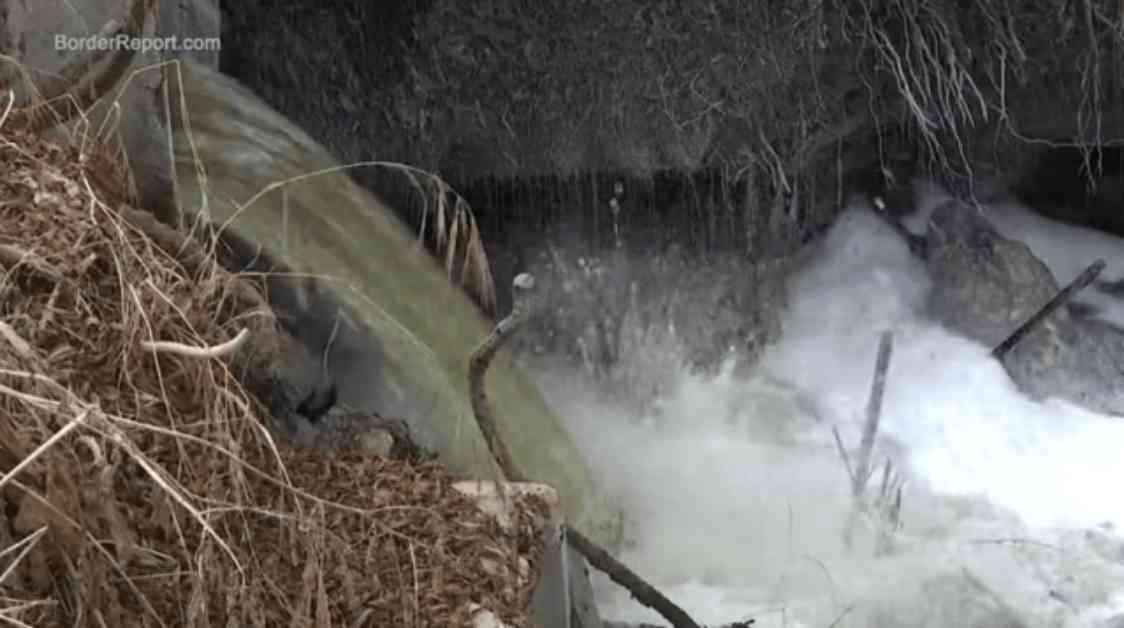In the Tijuana River Valley, surveys are being conducted to gather information on the impact of toxic waste on the health of residents and their pets. San Diego County recently launched a survey called the Assessment of Chemical Exposures (ACE), which has already received over a thousand responses since it was made available on Oct. 21. The survey aims to gather data from people who live, work, or have visited areas affected by toxic waste.
The ACE survey includes questions about physical and mental health, medical history, and health services used by respondents. It also addresses the health of pets, highlighting the importance of understanding the impact of toxic waste on animals as well.
Dr. Matt Dickson, a physician at South Bay Urgent Care, expressed enthusiasm about the survey, emphasizing the opportunity it provides for residents of the Tijuana River Valley to share their experiences with toxic gases, flooding, and sewage. He noted that hundreds of thousands of people in the area are exposed to these hazards, making it crucial to gather data on their health.
The ACE survey follows similar efforts by the Centers for Disease Control and Prevention, which conducted the Community Assessment for Public Health Emergency Response (CASPER) in Imperial Beach and Nestor. While CASPER involved in-person visits to residents, the ACE survey is available online for convenience. Responses are being accepted until Nov. 22, allowing more individuals to participate and share their experiences.
The surveys were initiated in response to concerns about high levels of toxic waste in the South Bay air, particularly hydrogen cyanide and hydrogen sulfide from sewage flowing into the Tijuana River Valley from Mexico. These pollutants have led to beach closures, some lasting for over a thousand days, indicating the severity of the situation.
Dr. Dickson raised alarm about the upcoming rainy season, warning about the increased risk of illness from raw sewage mixed with floodwaters. Urgent action is needed to address the health risks posed by toxic waste in the region, as delays could result in more people falling ill.
While county leaders and health officials have stated that there is no immediate danger from hydrogen cyanide, concerns remain about the accuracy of monitoring methods used to assess toxic gas levels. It is essential to address these concerns and ensure the safety and well-being of residents in the South Bay area.
Overall, the surveys conducted by San Diego County and federal agencies play a crucial role in understanding the health impacts of toxic waste and addressing the concerns of residents in affected areas. By collecting data and listening to the experiences of the community, policymakers can take informed actions to safeguard public health and mitigate the risks associated with environmental pollutants.
